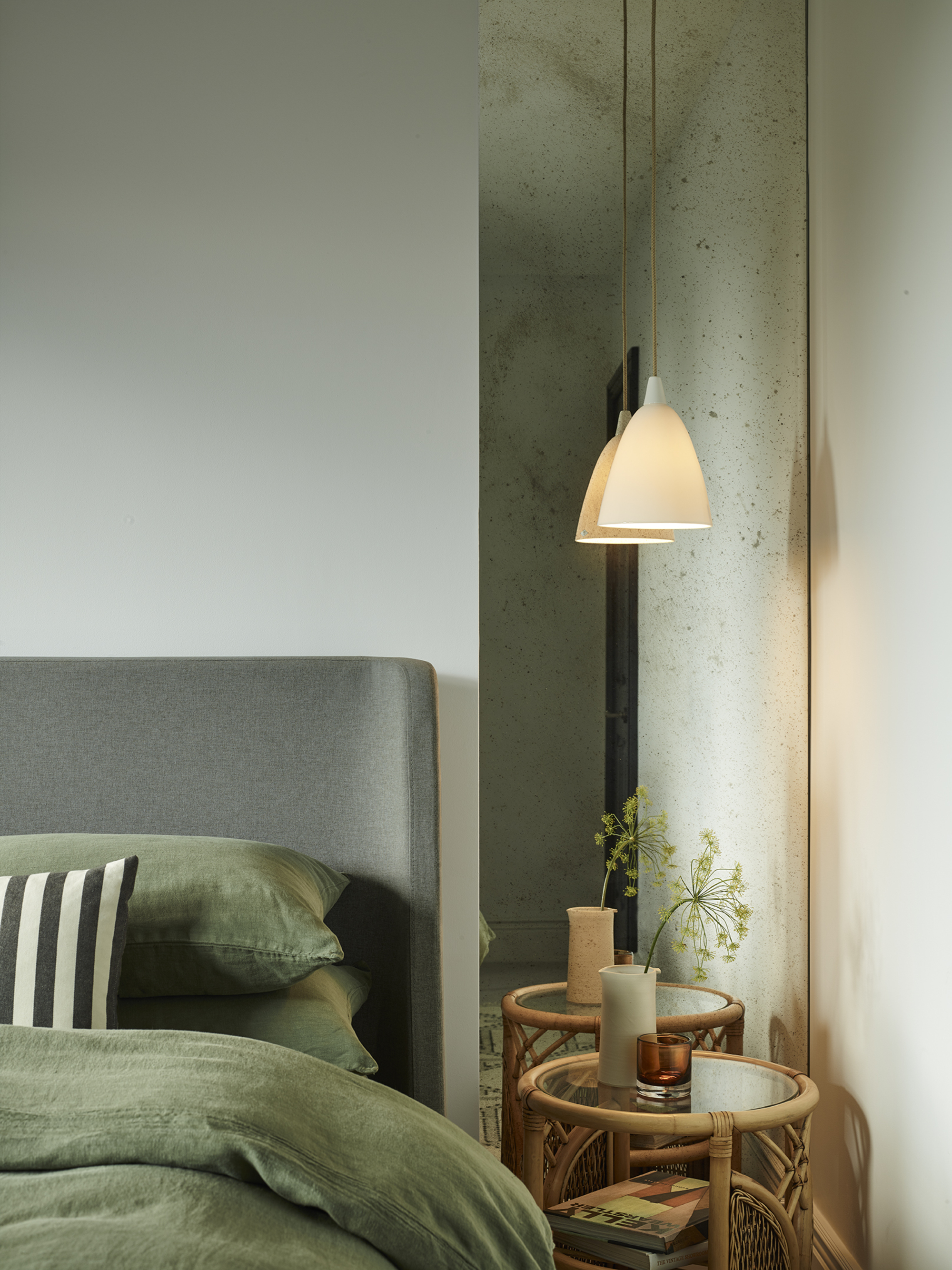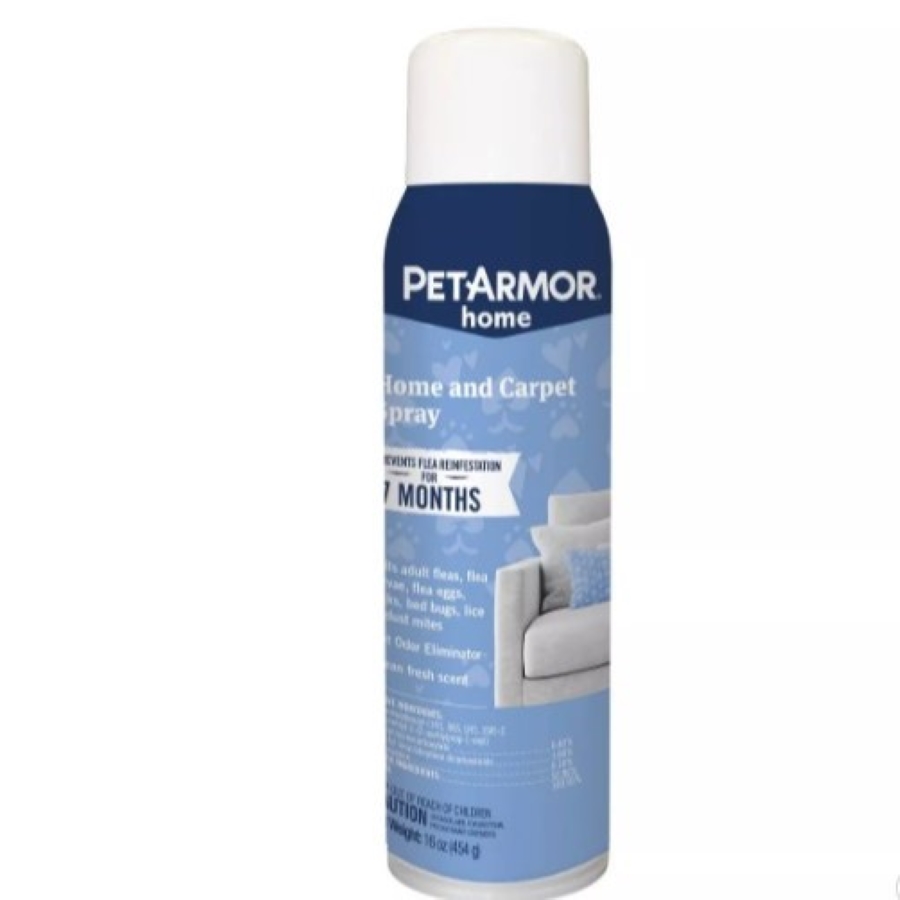How to protect your home from a bed bug "invasion" – preventative measures pest experts recommend
The news of bed bugs taking over Paris may have you feeling paranoid - here's how to avoid an infestation, according to experts


The Livingetc newsletters are your inside source for what’s shaping interiors now - and what’s next. Discover trend forecasts, smart style ideas, and curated shopping inspiration that brings design to life. Subscribe today and stay ahead of the curve.
You are now subscribed
Your newsletter sign-up was successful
You have probably seen the bed bug hysteria spreading across social media after it was announced by French officials there was a widespread infestation of these pernicious pests across Paris' public transport systems and more.
While you may have been laughing at the Twitter memes about bed bugs getting their free flights over to the US after Paris Fashion Week, but a bed bug infestation is serious business. They feed on your blood and infest everything from beds and sofas, to even your curtains. Bed bugs are a real issue and will only get worse the longer you leave it.
Fortunately, there are ways to control bed bugs and protect your home from infestation. Prevention is key, keeping an eye out for a few telltale signs of life will save you a lot of hassle in the long run. There are things that encourage and discourage bed bugs, being aware of this is vital if you want to keep them away. If you do find yourself with a bed bug problem, don't panic, There are things you can do to get rid of them. But the sooner you catch them, the better.
We asked experts for their top tips on how to protect yourself, and your bed, from these pests as well as what to do if you find them.
What causes bed bugs?
You will be pleased to know bed bugs are not a sign of a dirty home. They are not attracted to dirt and grime, rather they look for warmth and carbon dioxide. Therefore, if you happen to find yourself with a bug issue, rest assured it is not due to your cleaning capabilities, or lack of.
Bed bugs are brought into a home via external factors. 'Typically they are introduced into homes through infested clothing, luggage, or used furniture,' says Abe Nyayapathi, manager at Bio Recovery. Once in your home they thrive in warm environments and spend their time feeding and breeding. They can also travel a considerable way. 'They can travel between adjacent units in multi-unit housing, or between bedrooms in a house, making it important to address infestations promptly,' Abe explains.

How to spot bed bugs
Catching bed bugs early is essential to stop the spread and reduce your discomfort as quickly as possible, therefore it is important to keep an eye out for the telltale signs of life in your bed. Make it a ritual when cleaning your bed or stripping your pillows, to check for these signs.
The Livingetc newsletters are your inside source for what’s shaping interiors now - and what’s next. Discover trend forecasts, smart style ideas, and curated shopping inspiration that brings design to life. Subscribe today and stay ahead of the curve.
'I always recommend simply educating yourself on warning signs of bed bugs,' says Megan Wede, Owner of Done Right Pest Solutions, 'you can't get rid of all risks associated with life, but you can minimize the risk and stay calm during stressful circumstances.'
The pesky bugs leave some apparent signs of life that will alert you of their presence. The first thing to watch out for is casings advises Megan. ' As bed bugs molt, they leave their casings behind,' she says. 'These casings are usually clear, but may have light tan or light brown pigments, you should look out for them around headboards, bed frames, and feet of the bed.' The casings are a signal that they have begun to reproduce, meaning you should start pest control immediately.
Another unfortunate sign of their existence is fecal markings. Naturally the bugs deposit faeces, this will stand out against your light-colored sheets and should not be ignored. Despite their name, bed bugs are not confined to begs, so look out for these markings on other soft furnishings such as couches and chairs too.
'One of the most tell-tale signs of whether you have bed bugs or not is bed bug bites,' says Megan. A bed bug bite should not be confused with a mosquito or spider bite, they can look similar depending on your sensitivity. They often appear in a line or a cluster which is a notable difference to other insect bites.
How to prevent bed bugs
As you will have learned, bed bugs are probably not caused by anything specific you are doing. However, there are a few things you should be doing to prevent an infestation. They may be things you already do.
Keeping a clutter-free bedroom is always a good place to start. Making sure there aren't many places for them to hide or fester, is the easiest way to prevent them. Equally sealing off any cracks or gaps in your home is a good practice to get into to dissuade any insects from entering your home.
'Regular inspections and preventive measures, such as sealing cracks and crevices, can help ensure a long-term solution to keeping bed bugs at bay,' says pest control expert and owner of DIYPestWarehouse, Jerry Wang.
Bed bugs can enter your home in a number of ways, making it as difficult as possible is the best way to prevent them from getting into your bed. 'The most common ways are on your belongings after traveling or if you purchase and bring home used furniture,' says Jerry. 'To avoid them, always check your hotel rooms thoroughly before bringing your belongings inside.' I would advise never opening packaging or suitcases on your bed either, just to be safe.
You might think that checking your hotel room before you slumber is excessive, but you could discover a bed bug infestation just waiting to go home with you. Always do a quick check of your mattress and sheets for any of the giveaway signs of life before you jump into the fluffy bedding.

What to do when you notice bed bugs
As soon as you notice bed bugs, it's crucial to take immediate action. Our pest control expert Abe has revealed the steps you should follow as soon as you notice signs of bed bugs.
'First, you must isolate the infested area,' Abe says, 'quarantine the affected bedding and furniture to prevent further spreading.' After this, you must disinfect any bed linens or clothing that has been exposed to the area. 'Launder infested clothing, bedding, and linens in hot water and dry them on high heat. This can kill bed bugs and their eggs.'
Next, it is time to get the vacuum out. Get into every crack and crevice to ensure you get any bugs that may be hiding. Make sure to dispose of the bad in a sealed container to avoid further contamination.
Eliminating the bugs on your own is near impossible, our experts would recommend contacting a pest control professional for proper treatment and peace of mind. 'I always advocate for a licensed pest control company,' says licensed pest control professional Megan, 'as they are able to treat with a chemical product. Bed bugs can hide so easily and are extremely difficult to treat on one's own. They are also resilient -- heat treatments don't always kill them off if they are hidden deep enough in the walls, nor does leaving help. If you leave or stay elsewhere, you may bring them with you. Bed bugs can also survive and hibernate for up to 6, even 8 or 9 months without a host if conditions are right.'
For peace of mind, it is always best to consult a professional. With their help, your cozy bedroom will be restored in no time. Whilst bed bugs are only a prominent issue in Paris, it won't be long until they become a very real issue in many other cities.
Top bed bug protection products

Formerly a news writer for Livingetc, Amy completed an MA in Magazine Journalism at City, University of London, and has experience writing for Women’s lifestyle publications across arts, culture, and beauty. She has a particular love for the minimalist aesthetic mixed with mid-century furniture, especially combining unique vintage finds with more modern pieces. Her previous work in luxury jewellery has given her a keen eye for beautiful things and clever design, that plays into her love of interiors. As a result, Amy will often be heard justifying homeware purchases as 'an investment', wise words to live by.


